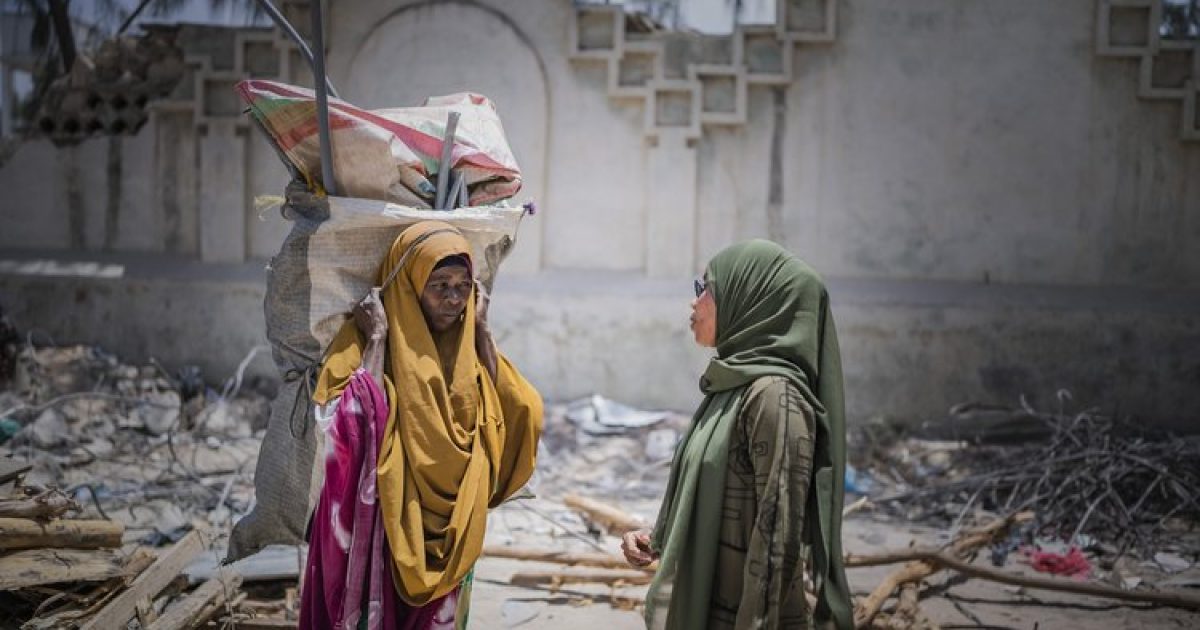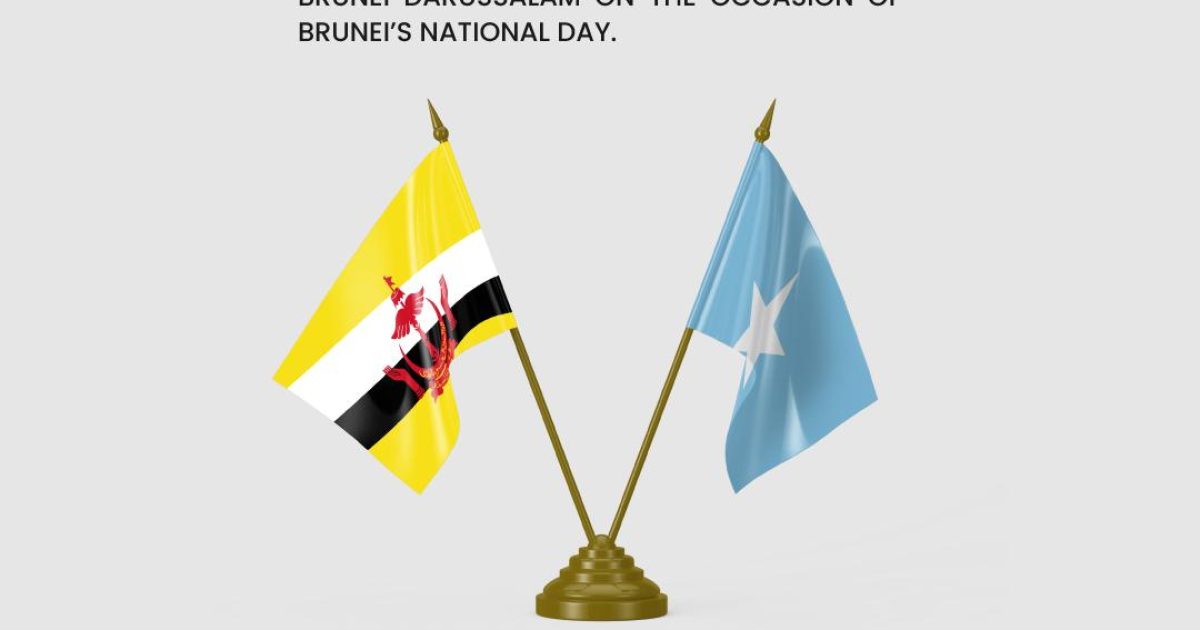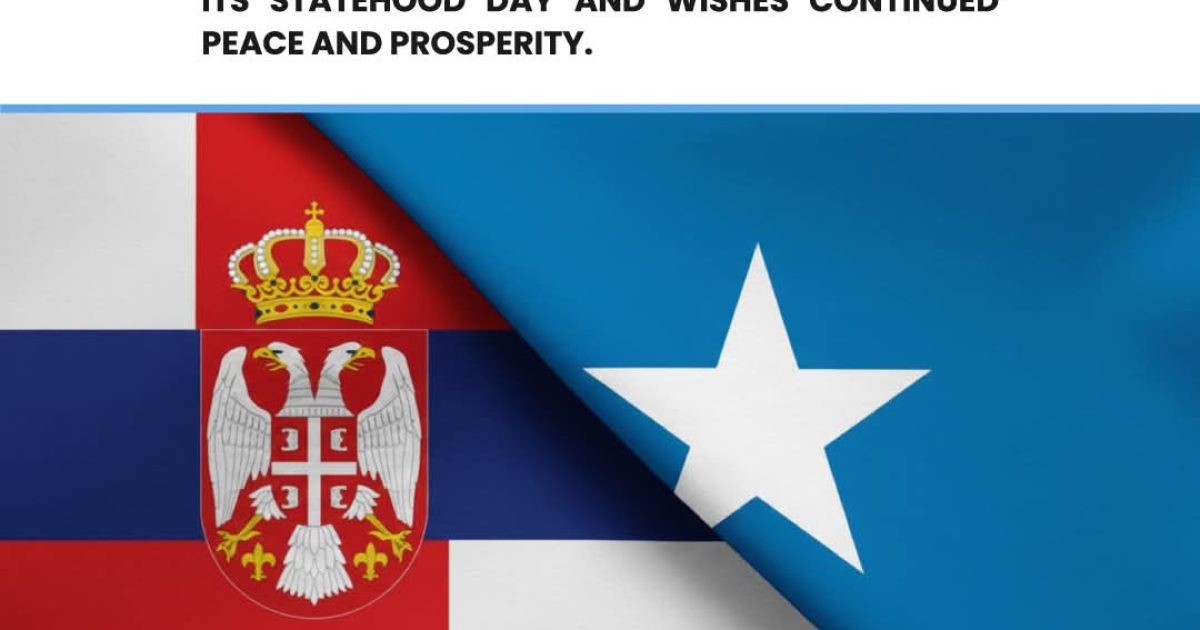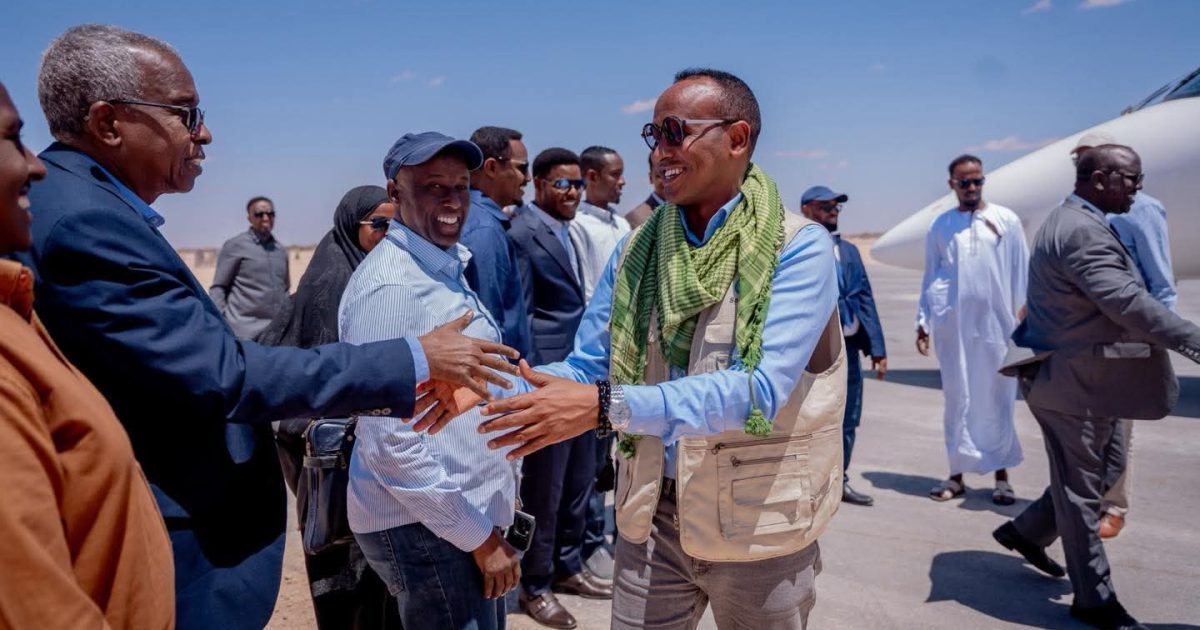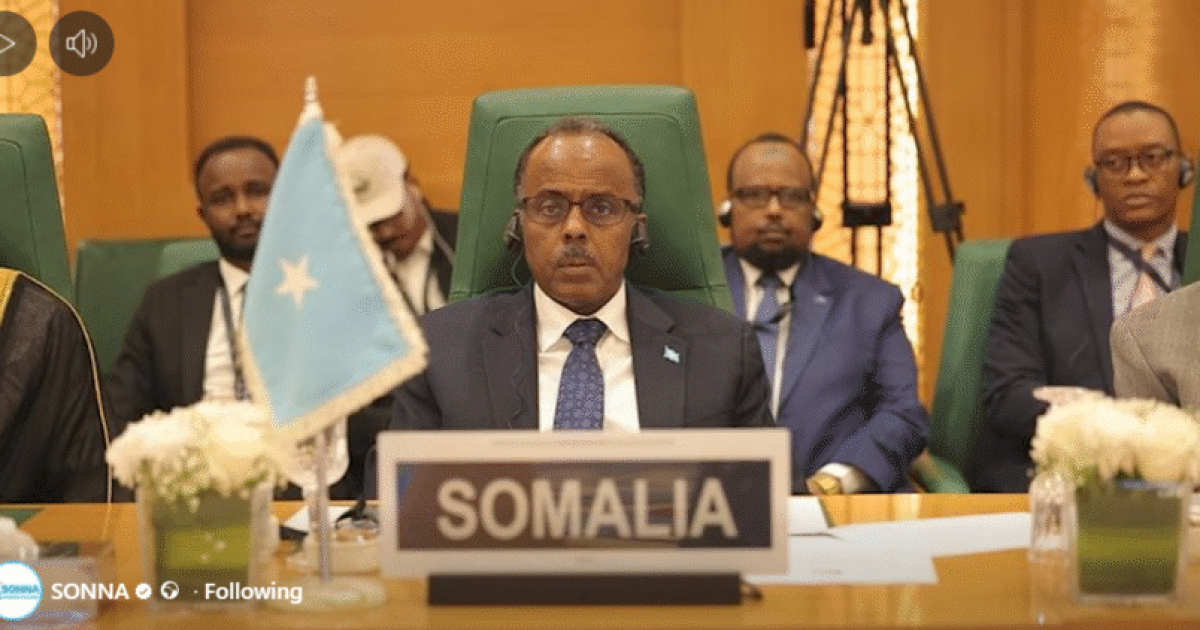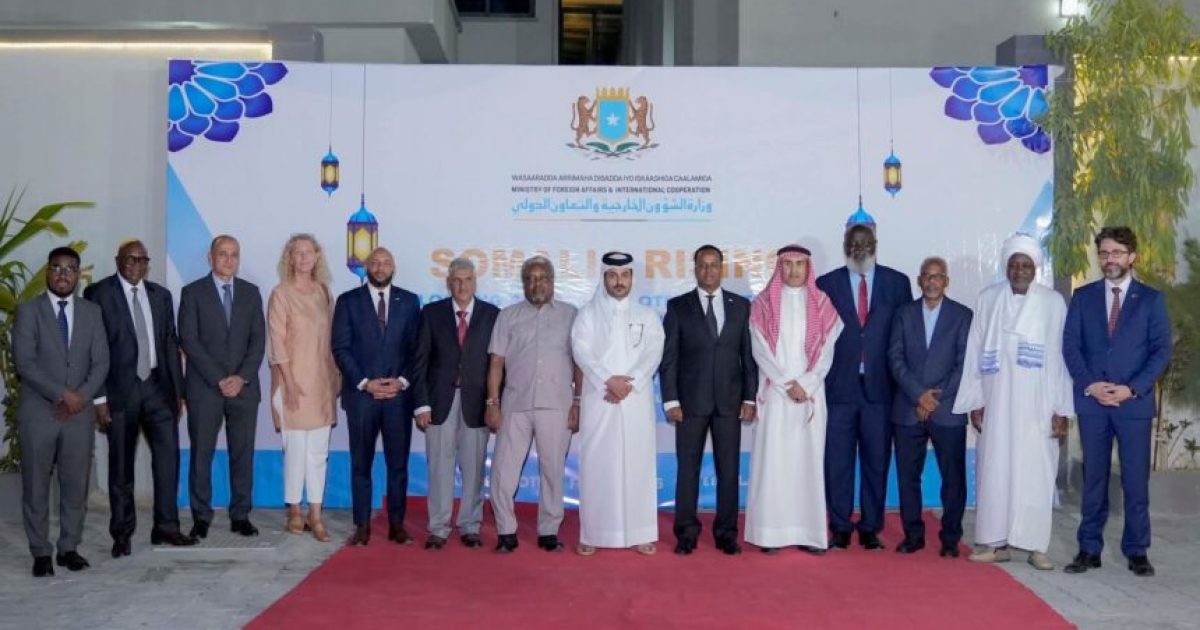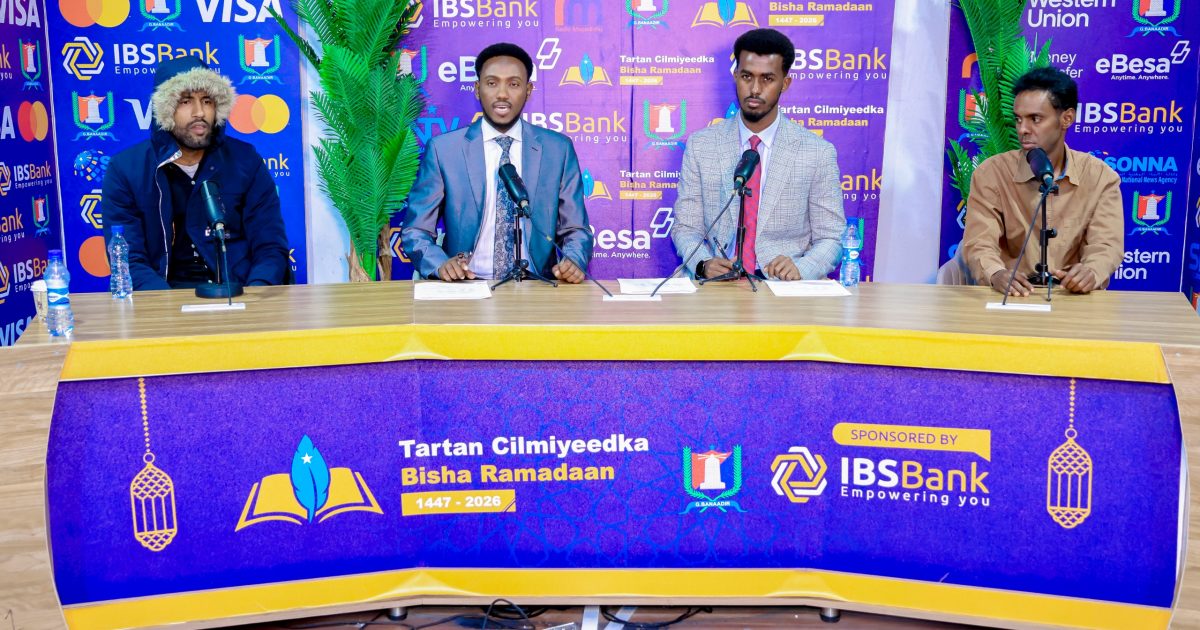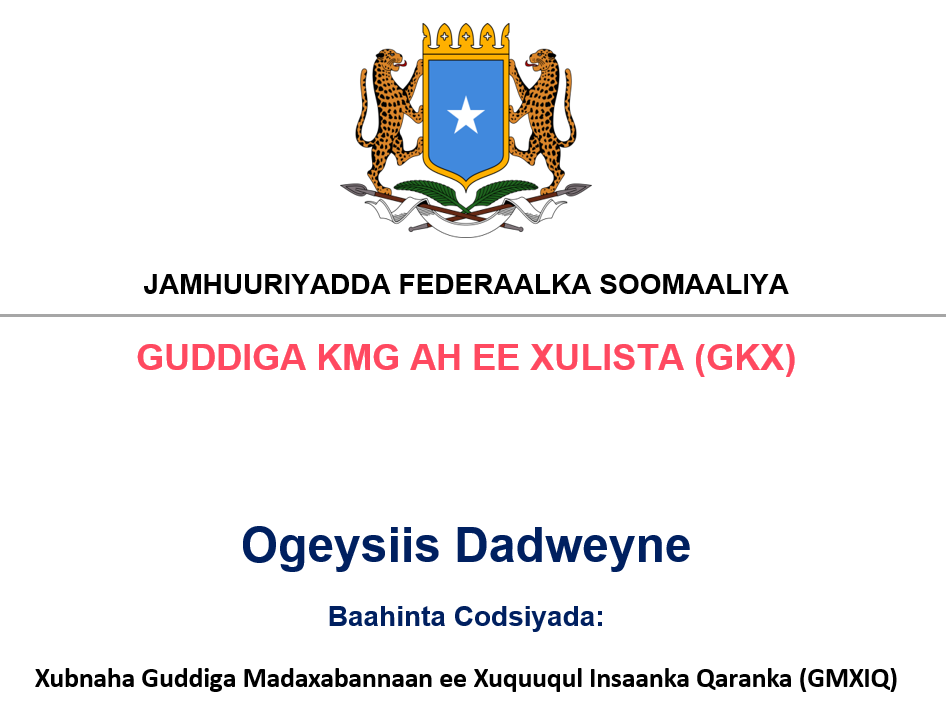Somalia’s first-ever all-women media unit launches today, providing a space where women media professionals can work with real decision-making authority and fully free from harassment.
The unit is staffed and managed entirely by women with full editorial independence and will produce stories for TV, radio and online media. One editor and five journalists will decide what issues to cover and how, with a mix of hard news and in-depth features that focus on the stories they think need telling.
Called Bilan, which means “bright and clear” in Somali, the unit is funded by the United Nations Development Programme (UNDP) and will be hosted inside the Dalsan Media Group’s offices in Mogadishu, with content distributed through Dalsan’s existing platforms and also pitched to international outlets worldwide.
“For too long, Somali women journalists have been treated as second class citizens and Somali news has ignored the stories and voices of half the population; now we are in charge of the boardroom and the narrative,” said Nasrin Mohamed Ibraham, who is taking up the post of Bilan’s Chief Editor.
In interviews conducted by UNDP over the last six months, women journalists have reported being harassed not just on the streets but even inside their own offices. They are often denied training opportunities and promotions, and when a woman does reach a position of authority, she is often ignored while more junior figures get to call the shots. News coverage reflects this, with a lack of programming on issues that are seen as primarily affecting women, including childcare, domestic abuse and equal political representation.
“We hope this will be a game changer for the Somali media scene, opening up new opportunities for women journalists and shining a light on new subjects that have been ignored, particularly those that are important for women,” said Jocelyn Mason, UNDP’s Resident Representative in Mogadishu.
UNDP will also provide a long-term programme of training and mentoring, bringing in some of the biggest names in Somali and international journalism, including the BBC’s Lyse Doucet and Razia Iqbal, Channel 4’s Lyndsey Hilsum and Al Jazeera’s Mohammed Adow, as well as creating opportunities to engage with women journalists working in similarly challenging environments around the world to exchange ideas and offer mutual support.
To develop the next generation of Somali women journalists, the unit will offer six-month internship opportunities for the best final-year women journalism students at two universities in Mogadishu.


